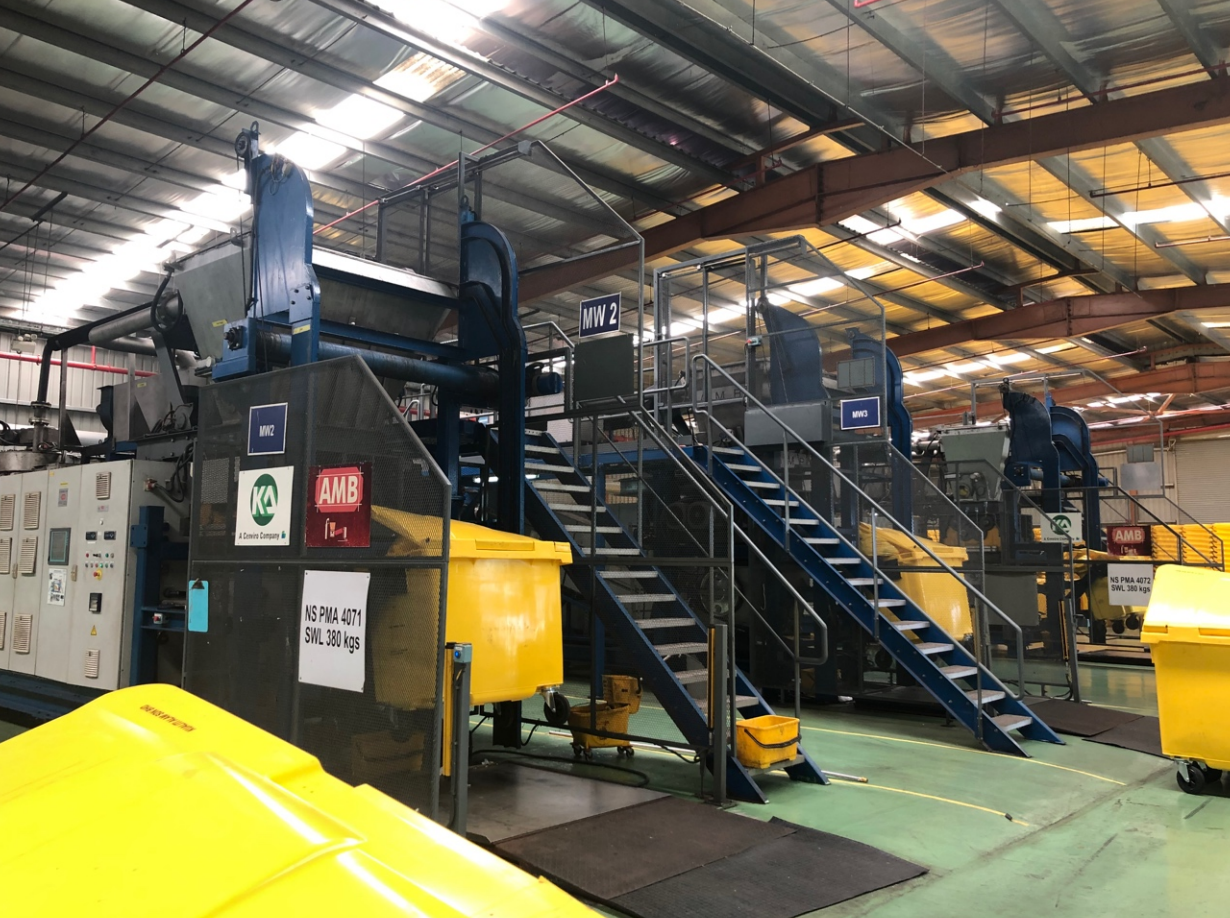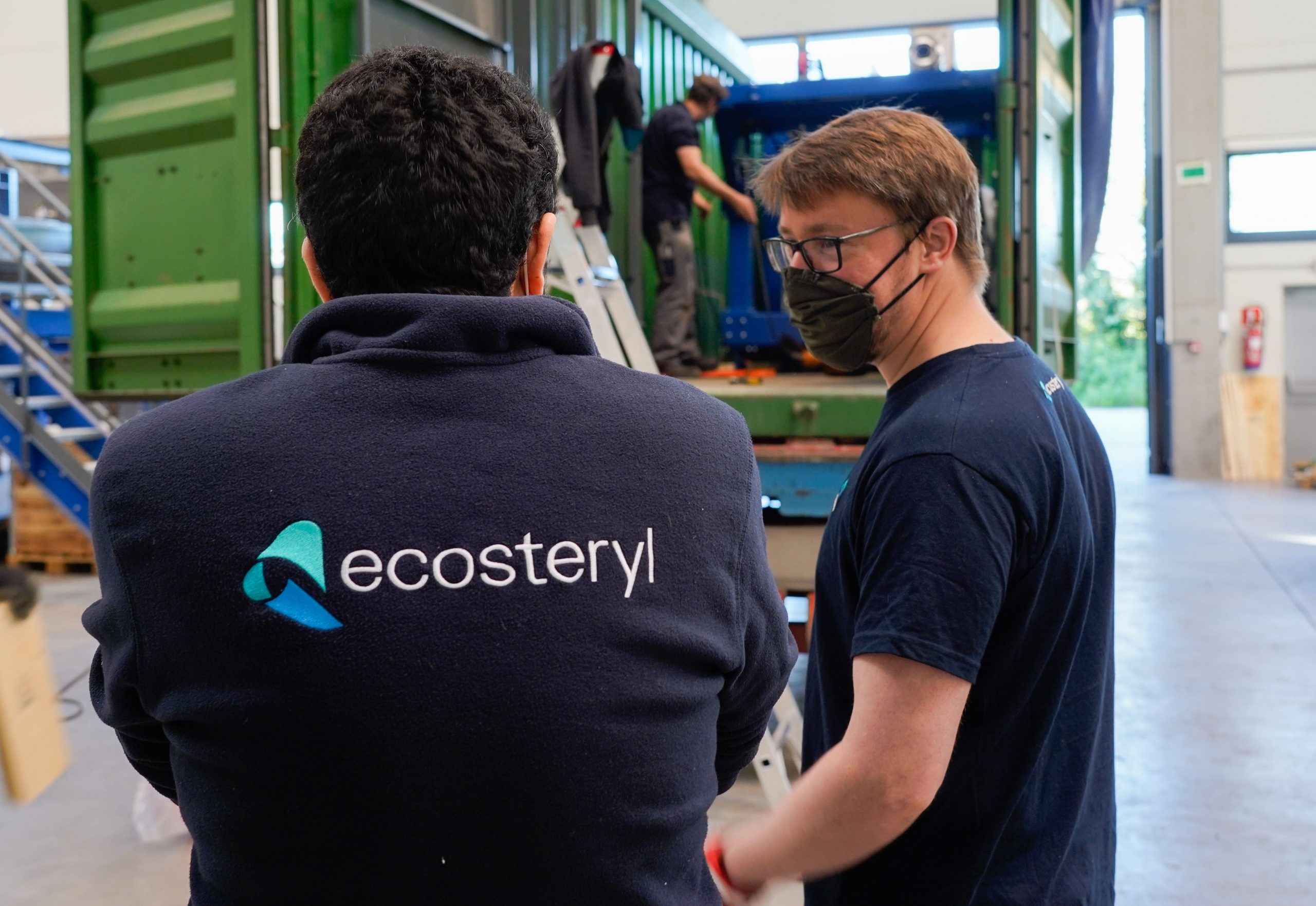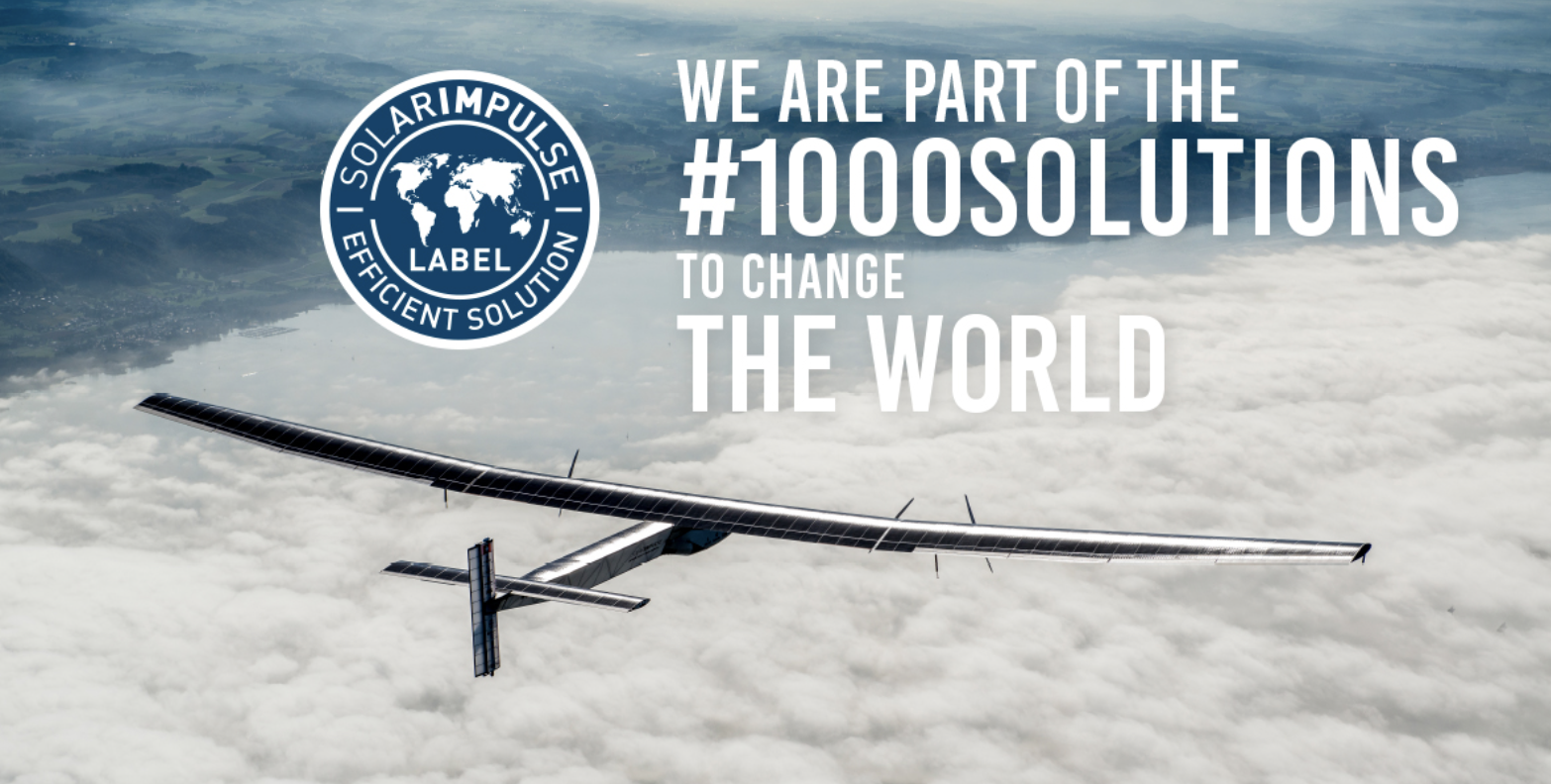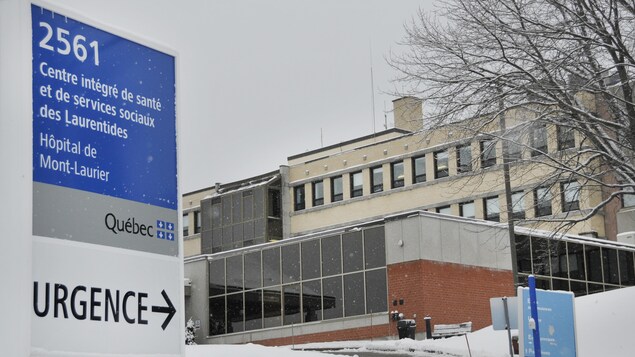Focus on service providers
Service provider for infectious medical waste: an inconspicuous job

The COVID health crisis has highlighted the work of treating and collecting hazardous or infectious medical waste. In France, the legislation regarding hazardous medical waste imposes strict rules on the collection and treatment of such waste. A job carried out behind the scenes by Séché Healthcare, among others, whose employees can be seen in action in this report from France 3.
This report highlights how the waste from hospitals is collected. It is important to differentiate infectious hospital waste (20%) and non-hazardous waste (80%).
DASRI (french acronym standing for healthcare waste with infectious risks) is placed in yellow bins or containers and stored, within the hospital, in a locked area.
As a daily average, a hospital or clinic produces 1 kg of medical waste per bed. This equates to a total of 170.000 tons per year in France.
Very quickly, this contaminated medical waste must be collected and shipped to a treatment center (if the hospital does not dispose of such a center in situ). Germs must not proliferate.
In France, this waste must be destroyed in less than 72 hours.
Within Séché Healthcare’s infrastructure in Rennes (in this report), they utilize 2 Ecosteryl machines which allow them to process 100 containers per day. This waste includes glass, liquids, soft waste (compresses), sharp objects, etc. After 1 hour of treatment (dry heat process through microwaves), everything is decontaminated.
A job in the shadows that is greatly useful for our health and the environment
Previously, waste was burnt or dumped in landfills, which created further risks of potential pandemics. The bins needed to be opened before treatment, and staff members were at risk of pricking themselves with contaminated syringes.
The WHO indicates that, worldwide, 21 million people are estimated to have contracted hepatitis B, and 260,000 people to have contracted AIDS due to poorly managed medical waste.
As technology and health legislation evolve, waste is increasingly being collected and treated in an environmentally friendly way. The Ecosteryl process is 100% electric and automated to avoid any contact with the waste.
Discover this beautiful report from France 3 with our Ecosteryl machines.
Congratulations to Séché Healthcare.
If you would also be interested to learn more about our state-of-the-art equipment, do not hesitate to contact us.



